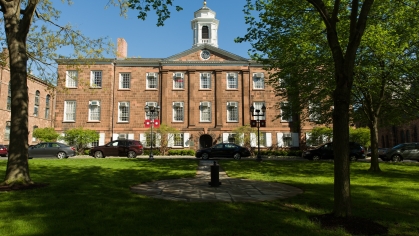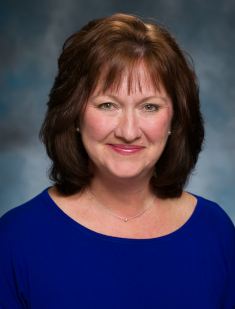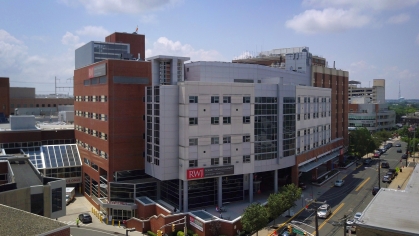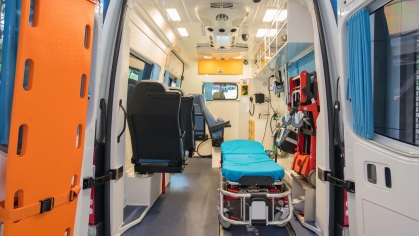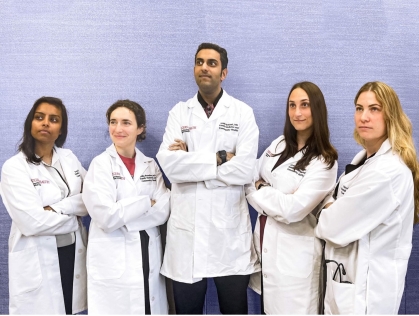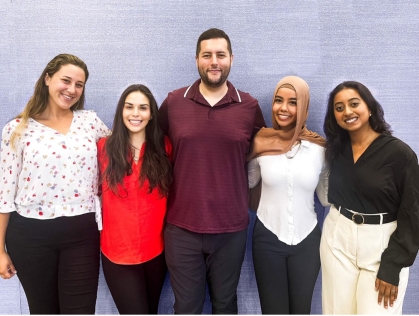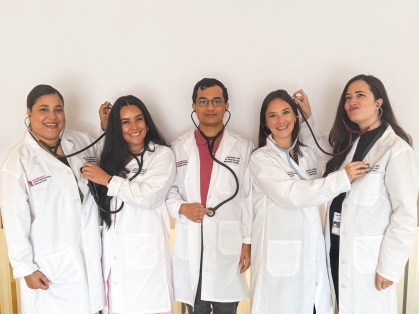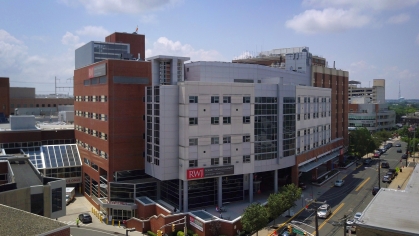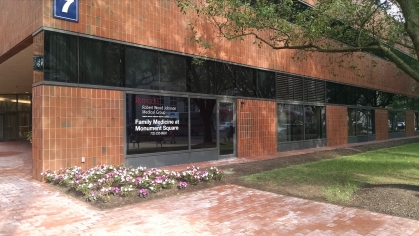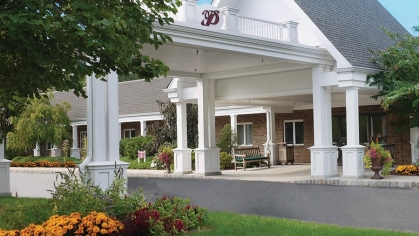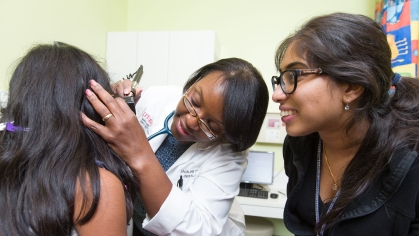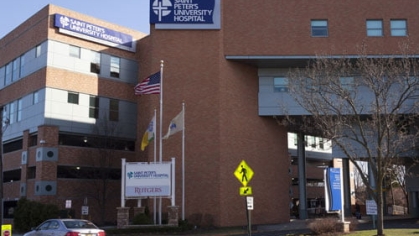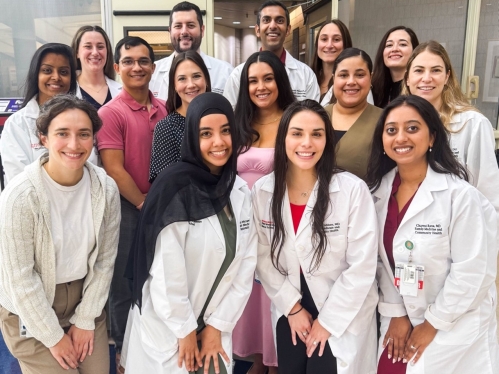Alfred F. Tallia, MD, MPH
Professor and Chair
Email: alfred.tallia@rutgers.edu
Maria F. Ciminelli, MD, FAAFP
Vice Chair and Associate Professor
Email: mciminelli@centrastate.com
Barbara Jo McGarry, MD
Program Director
Associate Professor
Email: bj.mcgarry@rutgers.edu
Anna Sliwowska, MD
Associate Program Director
Assistant Professor, Reproductive Health Provider
Email: aniasl@rutgers.edu
Core Residency Faculty
Karen Wei-Ru Lin, MD, MS
Professor
Email: karen.weiru.lin@rutgers.edu
Jeffrey Levine, MD, MPH
Professor
Email: jeff.levine@rutgers.edu
Michael Song, MD
Assistant Professor
Email: michael.j.song@rutgers.edu
Annie Truss, MD
Assistant Professor
Email: aet68@rutgers.edu
Mark Versella, PhD
Assistant Professor
Email: mark.versella@rutgers.edu
Residency Coordinator
Lillian Kimmel
Program Coordinator
Email: lillian.kimmel@rutgers.edu
Toni Scales
Program Assistant
Email: scalests@rwjms.rutgers.edu
Behavioral Health Faculty
Mark Versella, PhD
Assistant Professor
Email: mark.versella@rutgers.edu
Community Health Faculty
Sneha E. Jacob, MD
Associate Professor
Email: jacobse@rwjms.rutgers.edu
Steven J. Levin, MD
Professor
Email: steven.levin@rutgers.edu
Karen Wei-Ru Lin, MD, MS
Professor
Email: karen.weiru.lin@rutgers.edu
Maria Pellerano, MA, MBA, MPH
Assistant Professor
Email: maria.pellerano@rutgers.edu
Geriatric Faculty
Fred Kobylarz, MD, MPH
Professor
Email: kobylafr@rutgers.edu
David F. Howarth, MD, MPH
Associate Professor
Email: howartdf@rwjms.rutgers.edu
Sara Leonard, MD, FAAFP
Assistant Professor
Email: leonarsb@rwjms.rutgers.edu
Maternity Care Faculty
Rhina Acevedo, MD
Assistant Professor
Email: acevedra@rutgers.edu
Komal Bhatt, MD
Assistant Professor
Email: bhattkg@rwjms.rutgers.edu
Elizabeth Clark, MD, MPH
Associate Professor
Email: elizabeth.c.clark@rutgers.edu
Hospitalist Faculty
Sara Khalil, MD
Assistant Professor
Email: sarask@rutgers.edu
Michael Noll, MD
Assistant Professor
Email: nollmi@rwjms.rutgers.edu
Mafudia Suaray, MD, MPH
Associate Professor
Email: mafudia.suaray@rutgers.edu
Rory Ulloque, MD
Associate Professor
Email: ulloqura@rwjms.rutgers.edu
Jigar Patel
Assistant Professor
Email: jigerp@rwjms.rutgers.edu
Ora Domovich
Assistant Professor
Email: od105@rutgers.edu
Alisa Reznikov, MD
Assistant Professor
Juyeon Park, MD
Assistant Professor
Predoctoral Education
Joyce Afran, MD
Assistant Professor
Email: afranjo@rwjms.rutgers.edu
Sonia Garcia Laumbach, MD
Associate Professor
Email: sgarcia@rwjms.rutgers.edu
Betsy Mathew, MD
Assistant Professor
Email: betsy.mathew@rutgers.edu
Research Faculty
Benjamin Crabtree, PhD
Distinguished Professor
Email: benjamin.crabtree@rutgers.edu
Jeanne Ferrante, MD, MPH
Professor
Email: jeanne.ferrante@rutgers.edu
Shawna Hudson, PhD
Professor
Email: hudsonsh@rutgers.edu
Denalee O'Malley, PhD, LCSW
Assistant Professor
Email: omalledm@rwjms.rutgers.edu
Sports Medicine Faculty
Jill Kropa, MD
Assistant Professor
Email: kropaja@rwjms.rutgers.edu
Kinshasa Morton, MD
Assistant Professor
Email: curtiski@rwjms.rutgers.edu
Axia Navia, MD
Assistant Professor
Email: naviaai@rutgers.edu
Jason Womack, MD
Associate Professor
Email: womackja@rwjms.rutgers.edu
Reproductive Health Faculty
Jennifer Amico, MD, MPH
Associate Professor
Email: amicojr@rutgers.edu
Jeffrey Levine, MD, MPH
Professor
Email: jeff.levine@rutgers.edu
Anna Sliwowska, MD
Assistant Professor, Reproductive Health Provider
Email: aniasl@rutgers.edu
